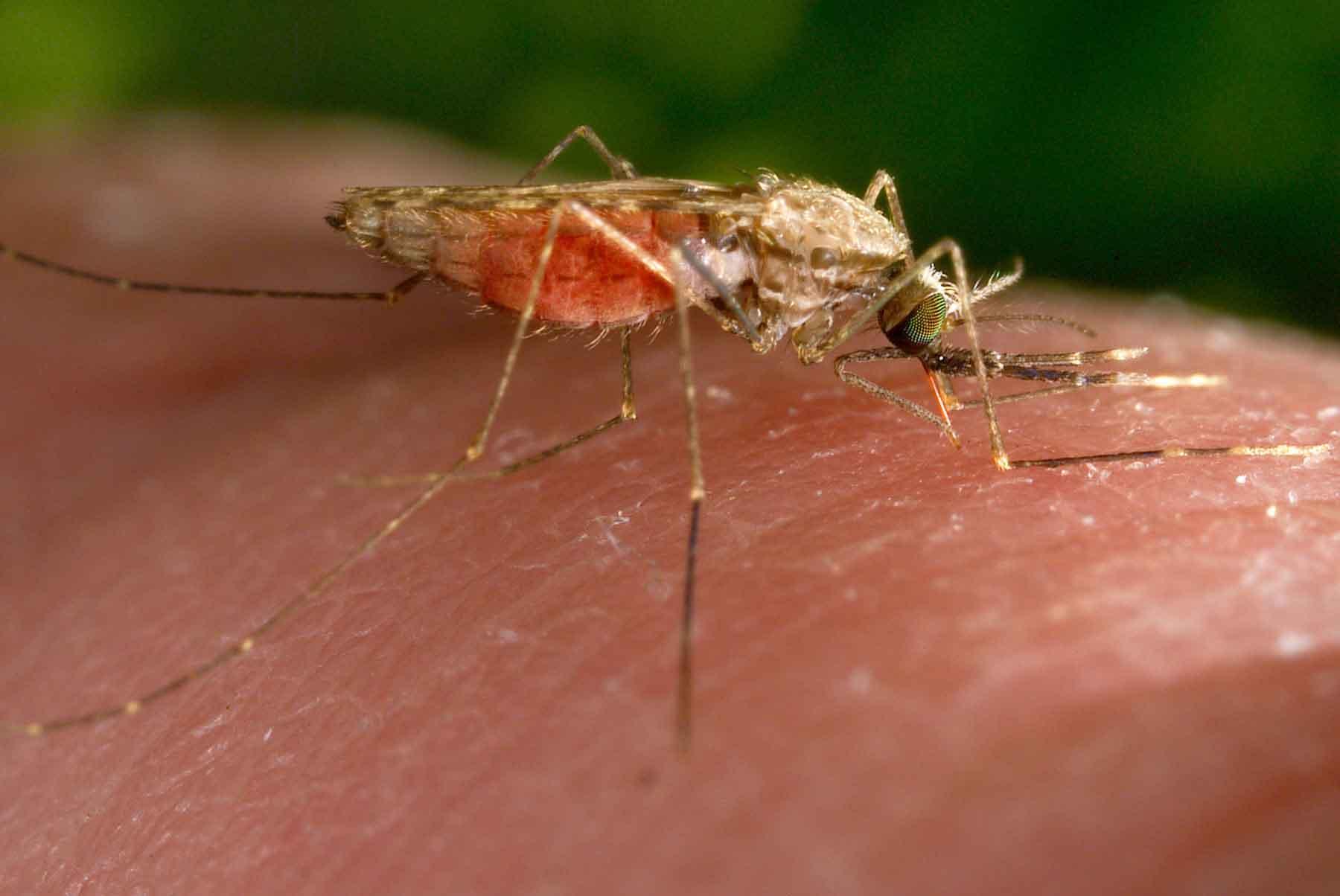Scientists at The Pirbright Institute believe a newly funded study will provide crucial answers to the process behind sex determination in mosquitoes and could have a game-changing impact on the control of these insect pests and potentially other insects too.
The research project: “Mechanisms of sex determination in Anopheles and their implementation to control mosquito vectors”, will be mostly funded by the Biotechnology and Biological Sciences Research Council* (£640,646) for a period of 36 months.
The molecular developmental processes that determine gender in animals are surprisingly variable. In insects, the genes involved in the sex determination pathway undergo rapid change and as such are difficult to detect.
Sex determination has been extensively studied in the fruit fly, Drosophila melanogaster, however information about the molecules controlling the process in that species provides little clue on the mechanisms of sex determination in other insects. As a result, the pathway is poorly understood in most insect groups, including mosquitoes.
Only female mosquitoes bite and transmit pathogens (agents that causes disease) and so the manipulation of the sex determination pathway genes, leading to the elimination of females, could have a major impact on new approaches to mosquito control.
In a recent study published in Science, Pirbright researchers led by Dr Jaroslaw Krzywinski identified in Anopheles gambiae - a mosquito that transmits malaria, a male-specific gene (named Yob) which is necessary for the development of male but lethal to female embryos, if incorrectly activated during female development.
In this new study, Dr Krzywinski’s team will shed light on the molecules which, in addition to Yob, are involved in the regulation of early development in both male and female mosquitoes. He said: “This research will significantly contribute to our understanding of sex determination in insects and will have a transformational impact on global mosquito control strategies.
“Better understanding of the components of the pathway is instrumental to the creation of new genetic approaches to controlling mosquito-borne diseases. It will enable us to implement genetic modification technology to cause female lethality or, potentially the reversal of genetic females into males; producing male-only mosquito generations.
“The outputs of this study will also enable identification of the sex determination genes in other insect pests such as Aedes and Culex mosquitoes and will stimulate new avenues of research on their genetic control.”
*BBSRC Grant reference: BB/P019269/1.
Image courtesy of James Gathany from the Public Health Image Library.
